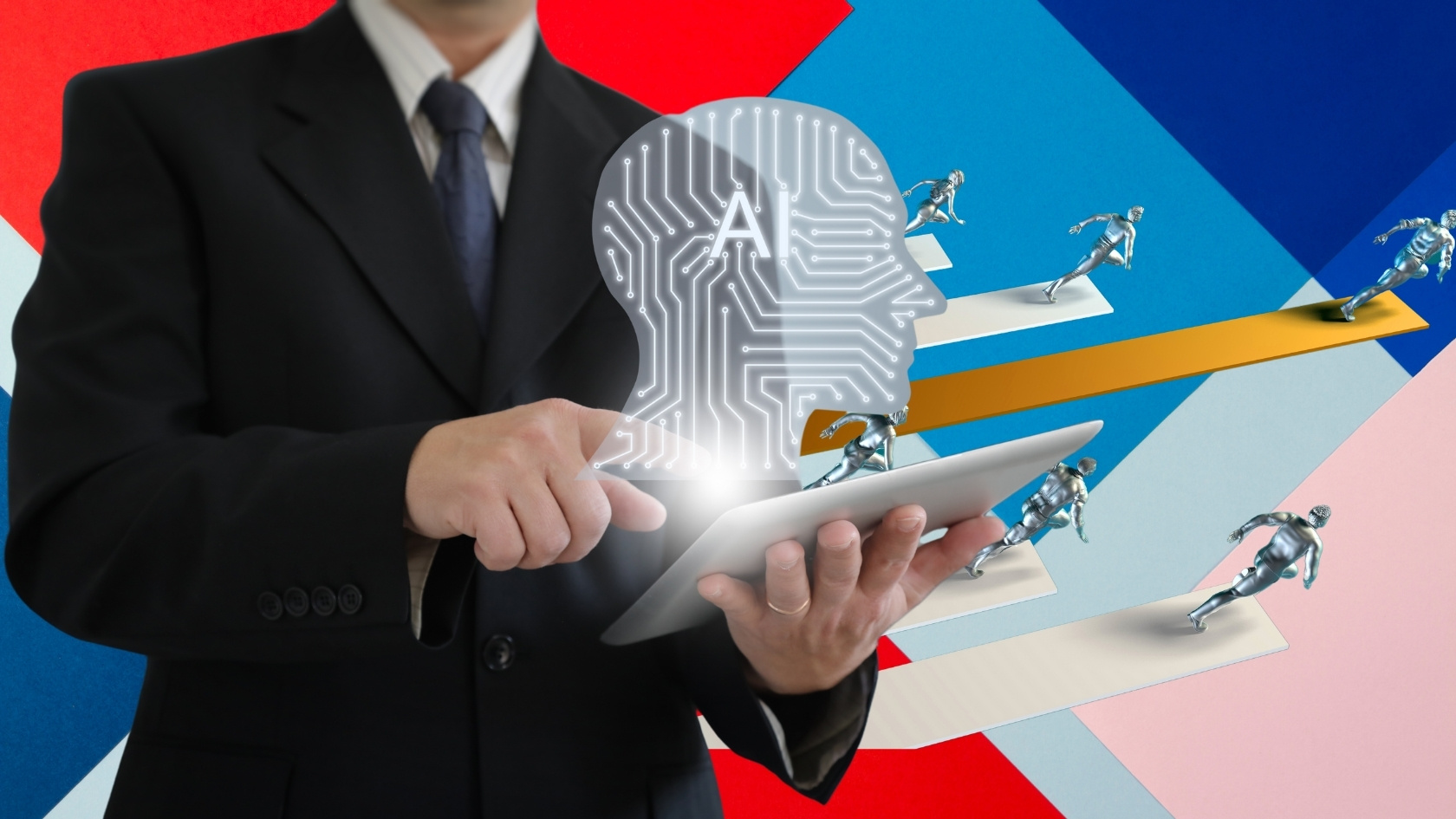
How Agentic AI Is Redefining Performance Management for the Future of Work
How Agentic AI Is Redefining Performance Management for the Future of Work
How Agentic AI Is Redefining Performance Management for the Future of Work
The era of static, reactive performance management is over. Traditional systems—constrained by infrequent feedback, subjective evaluations, and misaligned goals—are crumbling under the weight of modern workforce demands. Employees crave growth, managers need actionable insights, and organizations require agility to stay competitive.
Enter Agentic AI: a paradigm shift where AI doesn’t just analyze data but acts on it autonomously, learning and adapting in real time to drive performance at scale. Unlike conventional tools that passively generate reports, AI agents orchestrate outcomes—proactively coaching employees, aligning goals dynamically, and eliminating systemic inefficiencies.
Let’s dive into how these autonomous agents are not just improving but fundamentally reimagining performance management.
The Critical Flaws in Traditional Performance Management
Legacy systems fail because they’re built for a bygone era of work. Key limitations include:
Infrequent, Retrospective Feedback: Annual reviews ignore real-time performance trends.
Biased Evaluations: Human subjectivity skews recognition and promotions.
One-Size-Fits-All Coaching: Generic advice fails to address individual needs.
Static Goal Misalignment: Employees often work on outdated or siloed objectives disconnected from evolving organizational priorities.
Reactive Problem-Solving: Managers intervene only after issues escalate.
These gaps create disengagement, attrition, and strategic drift. Agentic AI solves this by turning performance management into a continuous, adaptive, and goal-oriented process.
What Makes AI Agents "Agentic"?
Agentic AI goes beyond automation. These systems:
Act Autonomously: Make context-aware decisions (e.g., nudging an employee to reskill when project demands shift).
Learn Continuously: Refine strategies based on outcomes (e.g., optimizing coaching tactics for hybrid vs. remote teams).
Operate Proactively: Predict risks like burnout or goal misalignment before they impact productivity.
Collaborate with Humans: Engage in dialogue, negotiate goals, and explain recommendations.
Imagine an AI that doesn’t just track your sales team’s KPIs but recalibrates their targets based on market shifts, designs personalized upskilling paths, and mediates a feedback session between a manager and an underperforming employee. That’s Agentic AI in action.
5 Ways Agentic AI Transforms Performance Management
1. Autonomous Goal Orchestration
Traditional systems treat goals as fixed targets. Agentic AI treats them as dynamic frameworks. For example:
If company strategy pivots from growth to profitability, AI agents instantly reassess individual OKRs, identifying which employees need to shift focus (e.g., from customer acquisition to retention).
Agents detect misaligned team goals and propose adjustments, ensuring every task ladders up to broader objectives.
2. Context-Aware Coaching
Generic feedback like "improve communication skills" is useless. Agentic AI delivers hyper-contextual guidance:
Analyzes a project manager’s meeting transcripts, emails, and deadlines to diagnose bottlenecks (e.g., "Your stand-ups run 25% longer than peers—share agendas upfront to streamline discussions").
Recommends micro-learning modules based on real-time skill gaps (e.g., "Complete this 15-minute course on conflict resolution before your next 1:1").
3. Predictive Workforce Choreography
Agents anticipate and act:
Flag high performers at risk of burnout by analyzing work patterns (e.g., "Decrease workload for Employee X—they’ve logged 12% more overtime than their team").
Preserve institutional knowledge by predicting attrition risks and prompting managers to initiate retention conversations.
4. Bias-Neutralized Decision-Making
Agents audit decisions for fairness:
Scrub gendered language from feedback (e.g., changing "aggressive" to "decisive" in peer reviews).
Analyze promotion patterns to surface inequities (e.g., "Women in engineering receive 20% fewer leadership opportunities despite equal performance scores").
5. Real-Time Strategic Alignment
Agents act as connective tissue between strategy and execution:
If a company prioritizes AI adoption, agents automatically assign relevant courses to engineers, update product managers’ OKRs, and adjust hiring plans.
Continuously map individual contributions to revenue impact (e.g., "Marketing Campaign X influenced 15% of Q2 pipeline—reallocate budget to replicate success").
The Future: AI Agents as Strategic Partners
Soon, AI agents will:
Facilitate Human-AI Co-Creation: Mediate goal-setting workshops where employees and AI collaboratively define objectives.
Simulate Scenarios: Model how reorganizing a team or promoting a leader would impact performance.
Self-Optimize Workflows: Redesign performance review cycles based on engagement data (e.g., shifting from quarterly to sprint-based feedback).
How WorkWise.ai’s Delivers Transformative Outcomes
WorkWise, entomo’s AI-powered platform, embeds Agentic AI to:
Autonomously Align Goals: Dynamically adjust OKRs as strategies evolve, ensuring every employee’s work directly impacts business priorities.
Coach with Context: Deliver personalized feedback by analyzing data from 360° reviews, project tools, and communication platforms.
Predict and Prescribe: Identify skill gaps before they hinder performance and prescribe targeted interventions (e.g., mentorship pairings, stretch assignments).
Eliminate Bias: Audit compensation, promotions, and feedback in real time to ensure equity.
With WorkWise.ai, organizations move from managing performance to orchestrating it—turning every employee into a strategic asset.
Conclusion: Performance Management as a Competitive Advantage
AI Agents aren’t about replacing managers—it’s about empowering them. By offloading administrative tasks, predicting risks, and aligning goals autonomously, these systems free leaders to focus on what humans do best: inspire, innovate, and build culture.
The question isn’t whether to adopt AI Agnets, but how fast. Organizations that leverage its full potential will outperform peers in productivity, innovation, and employee retention. The future of work isn’t just automated—it’s agentic.